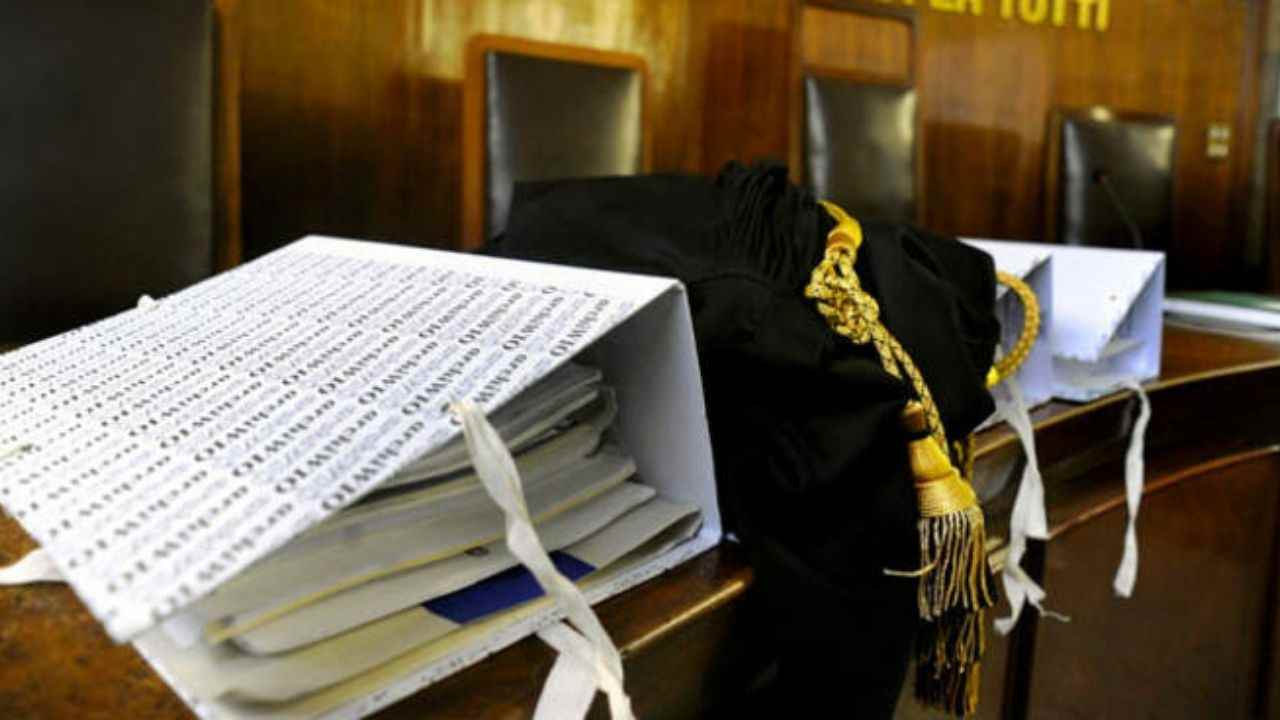What happens to the current accounts of family members and relatives in the case of foreclosure of a debtor’s current account?
The foreclosure is an injunction which obliges a debtor to compensate the creditor with a forced execution. In essence, it is the act that the bailiff makes to the debtor to refrain from any act aimed at subtracting the assets subject to him and the fruits thereof from the guarantee of the credit, with the warning that any act will be invalid (Article 492 cpc). The law allows for assets protection instruments that can be opposed to creditors, such as the transfer of assets to a patrimonial fund, or to an Anglo-Saxon trust. The foreclosure is triggered in the event that there are unpaid loan installments and, after several reminders, you continue to persevere in the error. In these cases, it is decided to seize the debtor’s assets to repay whoever lent the money. But what happens to the current accounts of family members and relatives in the case of foreclosure of a debtor’s current account?
Read also: Citizenship Income, because the credit will not arrive before Christmas
In the case of non-payment of debts, the current account can be seized up to a maximum of 50% of the sums and assets deposited or invested in a bank or post office, but only if the current account of a family member or relative is jointly held. The creditor, that is the one who must receive the payment, cannot seize all the sums deposited in a current account jointly held by several subjects and can only receive the debtor’s share. In fact, the part that is not included among the seized amounts can be used by all the holders of the joint account and the debtor can withdraw the remaining amounts only if the joint holder does not object.
Read also: IMU not paid on maturity, how to fix it with installments

How does it work
According to the Civil Code, in the event that the account is in the name of more than one person, the holders are considered joint and several creditors or debtors of the account balances. As Businessonline explains, the “Opening a bank account in the name of several people, with the right for them to carry out transactions even separately, makes the holders jointly and severally creditors or debtors of the account balances while in internal relations, unless otherwise stated, the parties of each assume the same also applies to the so-called provisional account “. This means that the joint bank account balance cannot constitute a credit contracted in the exclusive interest of any of the joint holders of the credit.
Read also: Superbonus 2022, good news: the limit on the first home has also been removed
Usually, the first foreclosed property is the property, followed by the current account. In some cases, the foreclosure is considered unlawful. This happens when the debtor is able to demonstrate that the creditor’s claims have no real and certain basis. This declares the existence of a non-existent or already fully repaid debt and to prove the non-admissibility of the execution, he must file an official opposition and show the evidence of what he claimed. It is also possible to demonstrate that the execution is excessive and excessive. In this case, it is necessary to request a review of the facts. The utensils and furniture in which they are contained, the beds, tables and chairs, edible and combustible goods, household appliances, sacred objects, necessary weapons, diaries, family letters and photos cannot be foreclosed.
–

/cloudfront-eu-central-1.images.arcpublishing.com/madsack/FJRVGHCNVFE2FIY7UM56YB2ULM.jpeg)
